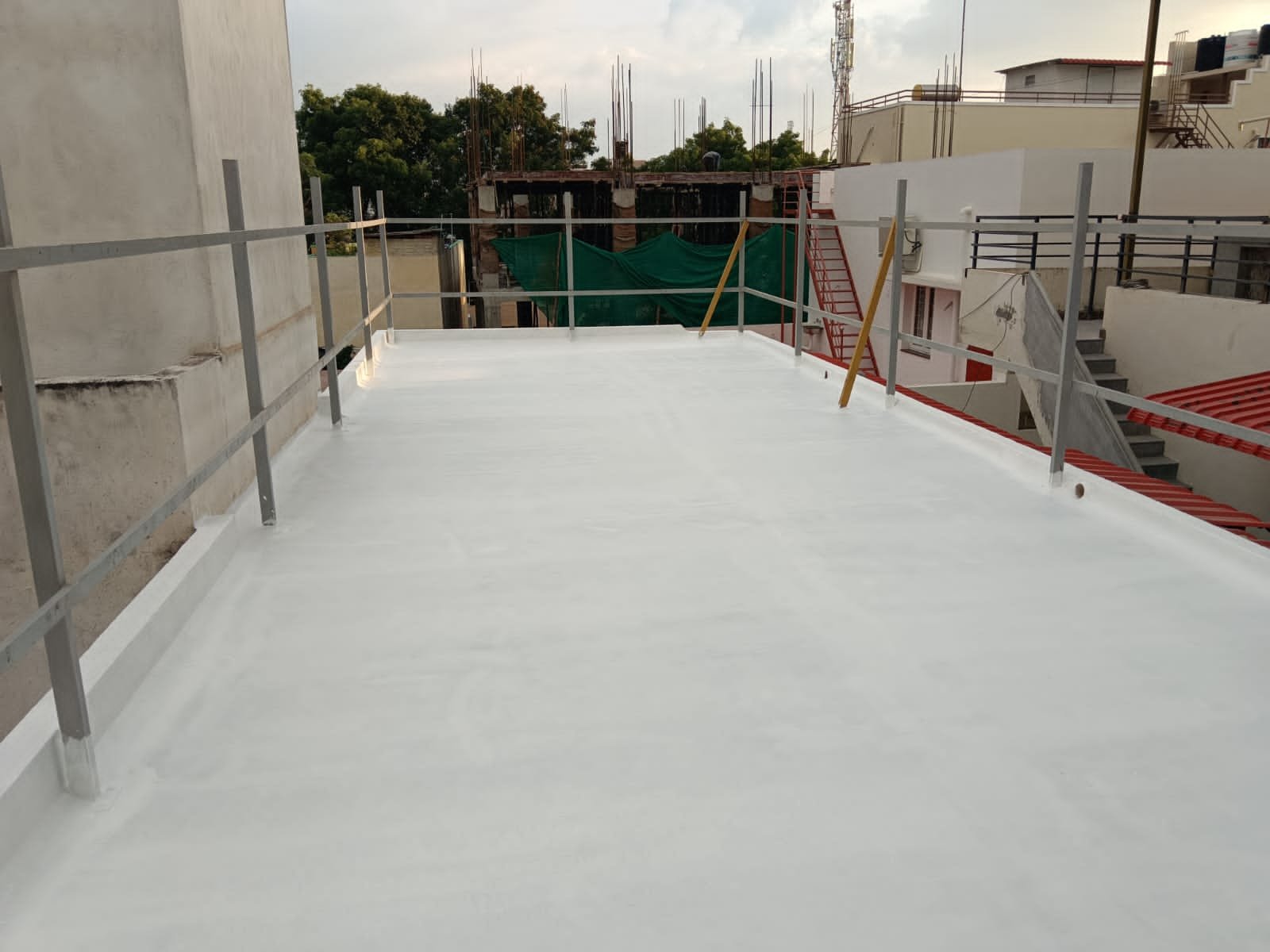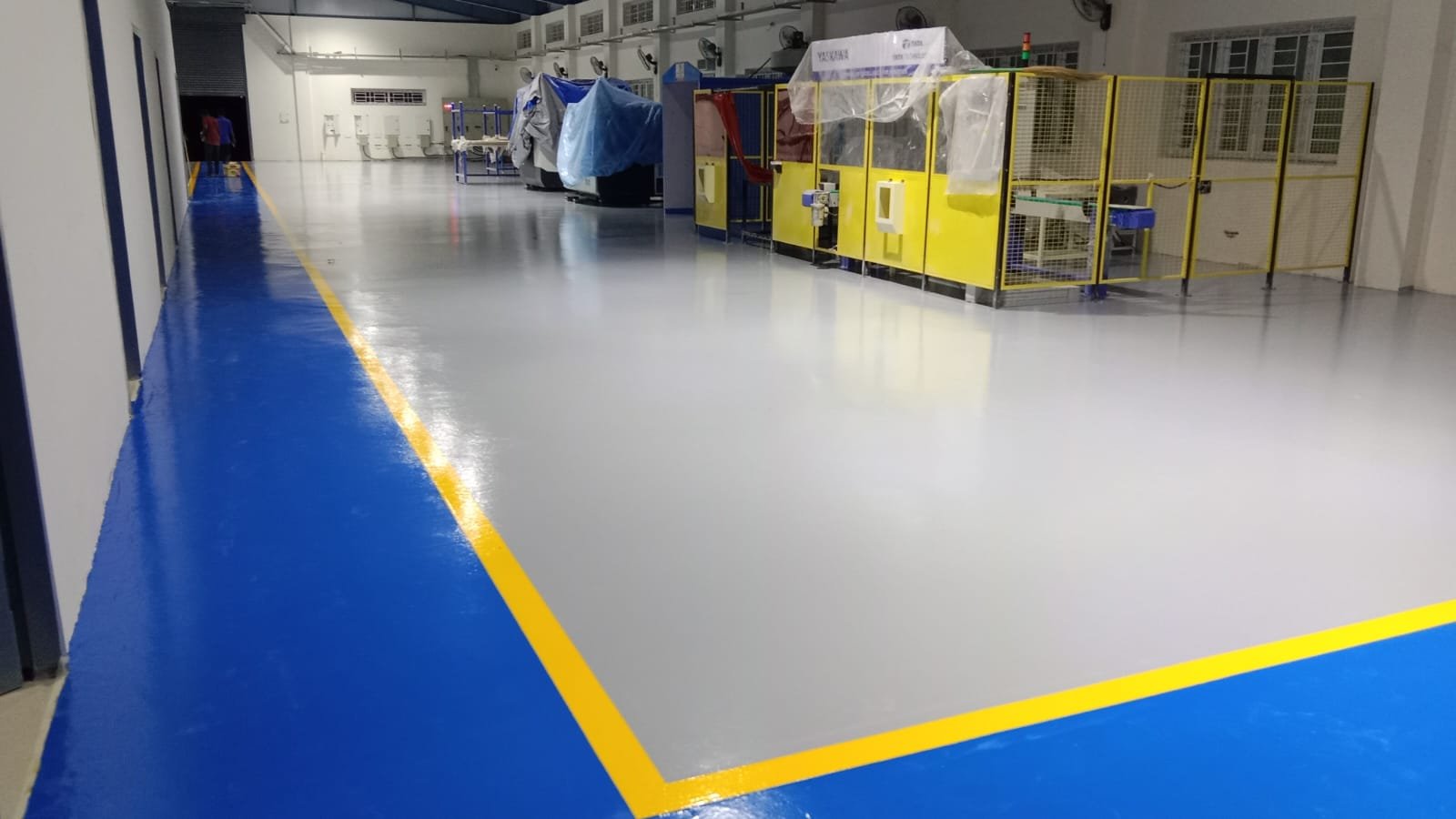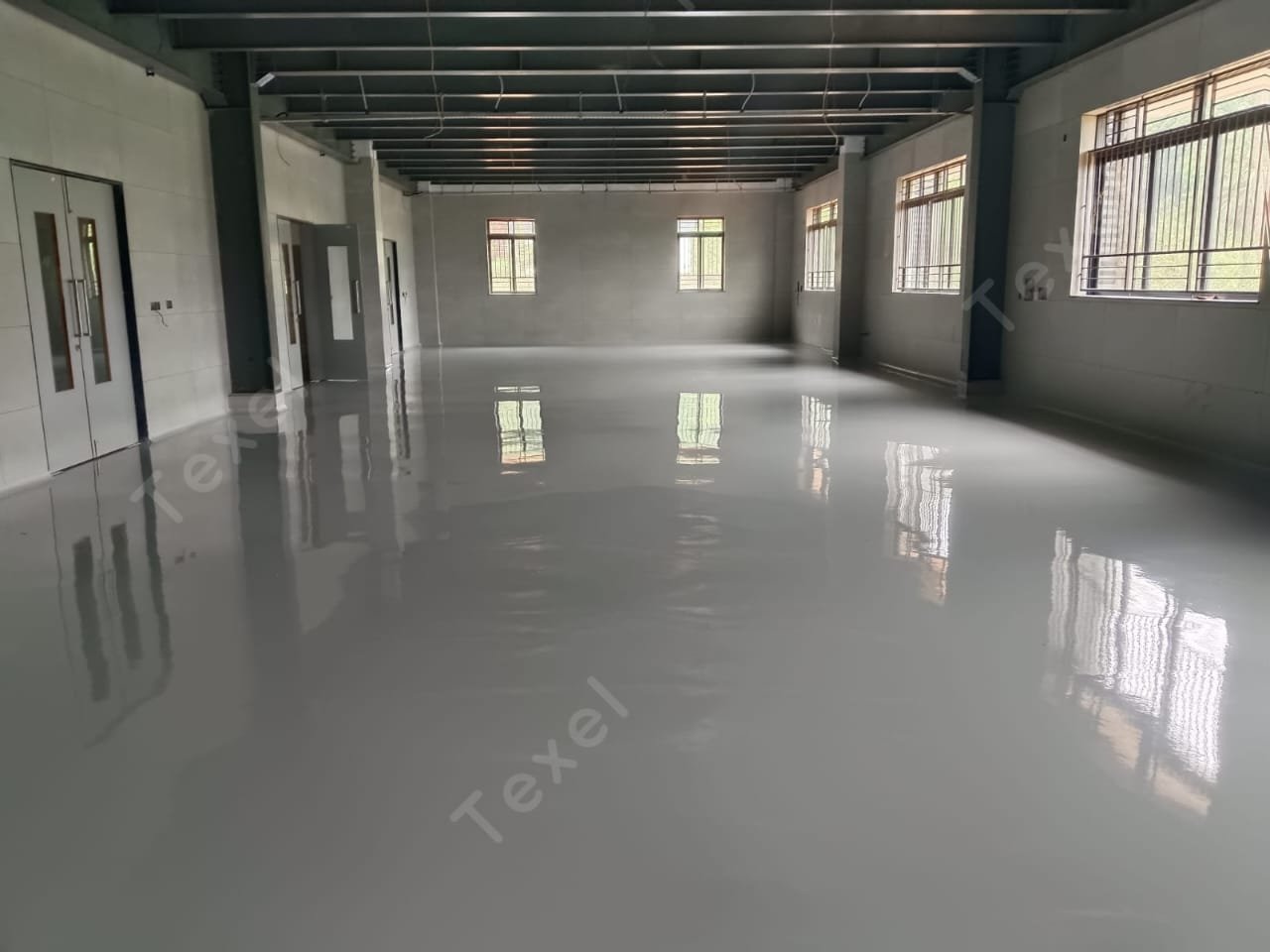WHAT IS INDUSTRIAL WATERPROOFING?
WHAT IS INDUSTRIAL WATERPROOFING?
INTRODUCTION
Industrial waterproofing is the process of applying materials and techniques
to protect structures, facilities, and surfaces from water intrusion,
preventing damage that can weaken buildings, equipment, and materials. It is
commonly used in environments where structures are exposed to water or
moisture, such as factories, warehouses, chemical plants, and storage
facilities.
WHY WATERPROOFING IS IMPORTANT IN
INDUSTRIAL AREAS?
Waterproofing is essential in industrial areas for several reasons,
primarily to maintain structural integrity, protect equipment, and ensure
safety. Here’s a breakdown of why it’s so critical:
v
Prevents Structural Damage: Industrial
buildings are often built with concrete and steel, both of which can
deteriorate when exposed to water. Waterproofing application protects these
materials from water infiltration, reducing the risk of cracks, corrosion, and
weakening of the structure.
v
Protects Machinery and Equipment: Many
industrial facilities contain expensive and sensitive equipment that can be
damaged by water exposure. Waterproofing system prevents leaks and flooding,
helping to protect machinery from rust, electrical failures, and costly
repairs.
v
Ensures a Safe Work Environment: Water
leaks can create slippery surfaces, leading to workplace accidents.
Waterproofing installation reduces the risk of slip-and-fall hazards, promoting
a safer environment for workers.
v
Increases Facility Lifespan:
Waterproofing installation helps to prevent early degradation of materials,
thereby extending the life of industrial facilities and reducing the frequency
of costly renovations or reconstructions.
v
Protects Stored Goods and Inventory: Many
industrial areas store goods or raw materials, some of which can be sensitive
to moisture. Waterproofing prevents these materials from becoming compromised
by mold, rust, or other water-related damage.
v
Reduces Maintenance Costs: By preventing
water damage, waterproofing application minimizes the need for frequent repairs, which
can disrupt operations and lead to costly downtime.
v
Controls Mold and Mildew: Industrial
settings with moisture issues can become breeding grounds for mold and mildew,
which can damage structures, affect air quality, and pose health risks to
employees.
Industrial waterproofing is a preventive measure that helps companies avoid
operational disruptions, save on maintenance costs, and create safer, more
resilient facilities.
CONCLUSION
Industrial waterproofing is a vital investment that protects facilities from water damage, enhances safety, and promotes longevity in industrial structures. By preventing water intrusion, waterproofing system helps safeguard critical equipment, maintain structural integrity, and reduce costly repairs or downtime. Effective waterproofing techniques not only prolongs the life of industrial assets but also creates a safer work environment, minimizing risks and supporting efficient operations.
Related Posts
Leave a Reply Cancel reply
You must be logged in to post a comment.




